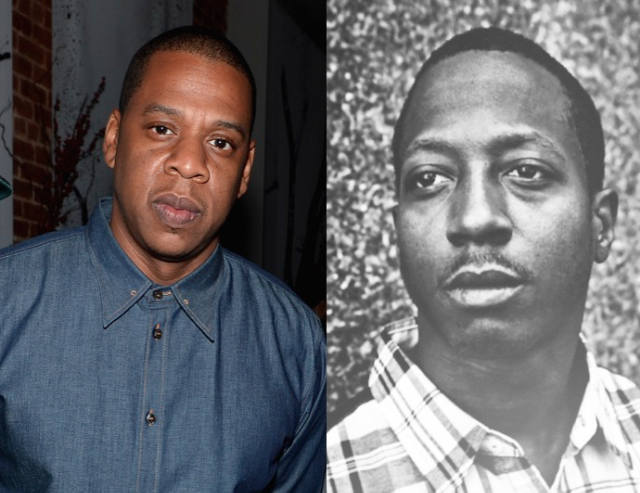
On his way home from that party, NYPD officers apprehended Browder thinking that he was a suspect for allegedly stealing someone’s backpack. After an interrogation where Browder pleaded his innocence, the justice system still sent him to Rikers Island where he awaited trial.
Unfortunately, the case never made it to the courtroom, and he spent more than 1,000 days in jail, 800 of which were spent in solitary confinement. Three years later, Browder was released in 2013 from Rikers after the charges were dropped, but took his life in 2015. Before his passing, Browder’s story was featured on the New Yorker, which helped to catalyze Spike TV’s forthcoming docuseries that will show footage of his life during and after Rikers.
The six-part program, which is set to air in January 2017, will be produced by Jay Z. During a press conference in New York City on Thursday (Oct. 6), Harvey Weinstein, whose film/TV company recently teamed up with the Brooklynite, shared that they’ve already filmed four episodes of the program. “Jay brought this project to us. As a team, we brought this to Spike,” Weinstein said.
After Jay Z read the New Yorker’s 2014 piece, he immediately wanted to meet with Browder. He then called his longtime business partner and Roc Nation president, Chaka Pilgrim, to serve as a liaison between him and Browder.
“I said, ‘Chaka, I need to meet this young man, could you find him?’ Thinking that it would take a while, she called me back and my phone kept ringing,” the Tidal owner said. “She kept calling so I knew it was important. She said, ‘You’re not going to believe this.’ She was at another event and ran across a guy that was his lawyer, a really young man who was helping Kalief seek justice. It was meant to happen. Kalief came to the office and we met.”
Browder shared his future plans with the “Where I’m From” rapper, which entailed pursuing a higher education.
“I just wanted to give him words of encouragement, that I saw his story and I’m proud of him for making it through, and to keep pushing. He told me that he was going to college,” he said. “For me, in some movies that are told, the story ends differently. Then I got a phone call from Chaka and she told me that Kalief had taken his own life. I was thrown off course, and asked myself, ‘Man, this story doesn’t end like this, it’s not supposed to end this way. That’s not how this story goes. Not in the movies, not in real life.'”
Kalief’s mother, Venida Browder, also sat on the panel and brought to light the Stop Solitary for Kids organization, which seeks to end solitary confinement for youths in U.S. based juvenile and adult penitentiaries.
“This is a very important organization and I’m very thankful that this series is aligning itself with this work of this organization,” she said. “It’s too late, unfortunately, for my son Kalief, but it will definitely benefit other youths so that they won’t have to endure what my son endured.”
After Browder’s story reached the national scale, Jay Z said he noticed that things started changing, beginning with President Barack Obama’s elimination of solitary confinement for minors.
“I knew right there that [Kalief] was a prophet,” Jay Z said. “Some of our prophets go with tragedy, Martin Luther King, it ends tragically. But what comes from it, the life, the next iteration, the lives saved, and how this young man has moved culture forward is incredible.”
View today’s press conference below.
Source
No comments:
Post a Comment